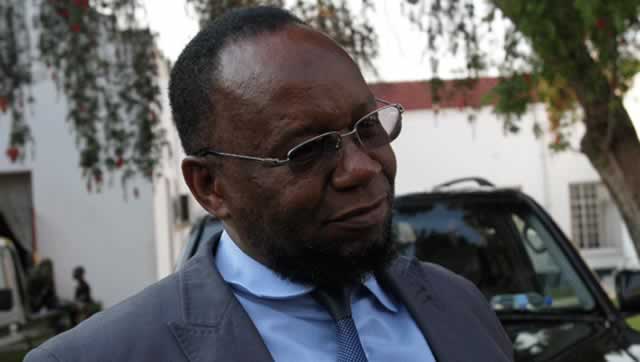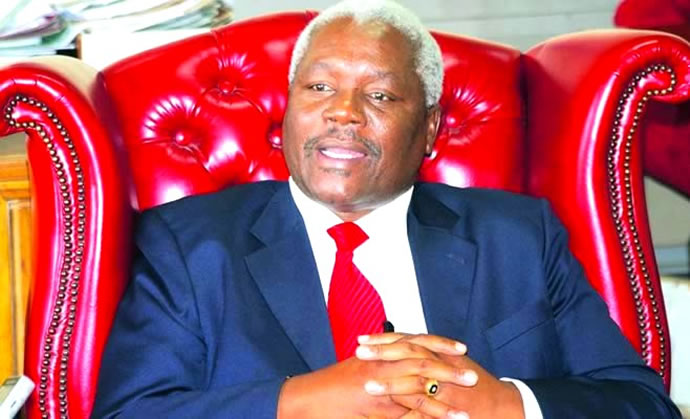Incentives split unions, teachers

Felex Share Herald Reporter
TEACHERS’ unions and their members are clashing over the payment of incentives, which the unions want scrapped while teachers want them to stay. The unions have urged Government to scrap incentives and improve salaries and working conditions. Parents and guardians have been paying incentives to motivate teachers.
Most teachers in urban areas said incentives should stay even if they were awarded a salary increment in line with the Poverty Datum Line.
Unions said it was Government’s responsibility to pay teachers and the long-term solution was to increase salaries in line with the PDL.
Legal experts described incentives as a form of extortion as most parents and guardians paid them grudgingly so that their children were not victimised.
Zimbabwe Teachers Association chief executive Mr Sifiso Ndlovu yesterday said: “The new Government must now come in with a resolution that will see a permanent strategy of paying educators in order to guarantee quality public education.
“The idea of pushing responsibility of educating a Zimbabwean child to a parent is going to increase the disparities between the haves and have-nots because children coming from less-privileged communities will not get the quality teacher that must be provided.
“Government must move in to decide on removing the incentives by adequately increasing the salaries so that educators cannot depend on the parent who will be selling fruits to sustain their livelihoods.”
Mr Ndlovu said not all teachers were getting incentives, yet the workload was the same.
“The incentives were a creation by Government and it is the same Government that must remove them,” he said.
“We do not want the privatisation of education and the money being paid as incentives should go towards infrastructure development in those schools. Salary increment is a necessity, while incentives are not an alternative to salaries.”
Incentives were introduced during the era of the inclusive Government where Government directed School Development Committees to allocate 10 percent of the levies for teachers’ incentives, while five percent goes to the non-teaching staff.
Teachers Union of Zimbabwe chief executive Mr Manuel Nyawo echoed similar sentiments.
He said the incentives were fuelling corruption as some headmasters were conniving with SDCs to embezzle money paid by parents and guardians
“That is the reason why you see most SDC chairmen being retained over and over again. They are the ones who understand the tricks they play with school administrators, who are mostly headmasters.
“To make matters worse, there is no formula used in distributing these incentives and some even get them during the holidays, while others have them deducted by headmasters if they are late for lessons. Some headmasters are even rejecting promotion, opting to remain where they are because of incentives. We want the incentives to go, but in a gradual manner and the only way to do that is by increasing our salaries.”
Zimbabwe Rural Teachers Union president Mr Martin Chaburumunda said some teachers in rural areas never received incentives since 2008.
“Why should we support something that never benefited us? The incentives should go now because we are all teachers and we work for a single Government. No teacher is special than the other.”
Primary and Secondary Education Minister Lazarus Dokora this week said measures were underway to address incentives as only about 38 percent of the schools, especially those in urban areas, were paying them.
But teachers in urban areas said they wanted the incentives to remain and it was unreasonable for their unions to call for their removal.
“They are assisting me in making ends meet and they should be here to stay,” said a teacher at Glen Norah 1 High School in Harare.
“In the event of a salary increment, the incentives should continue because we are not worried about the PDL issue because we are professional and skilled workers.”
Another teacher said Government should award a rural allowance to teachers in the countryside without removing the incentives.
“We cannot suffer simply because our colleagues are suffering,” he said.
Teachers in trust and private schools are not civil servants and their salaries are paid in full from fees with no input or contribution from the Government.










Comments